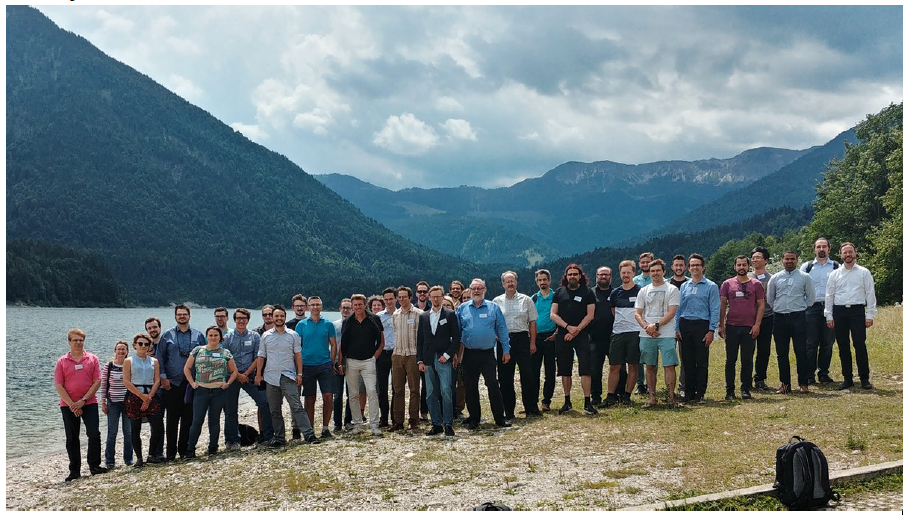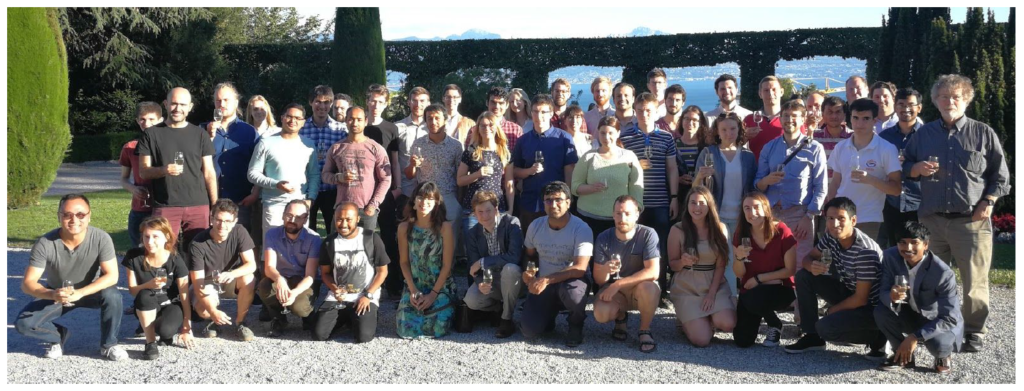The Department of Chemistry and the Thomas Young Centre at Imperial College London and the Computational Materials Science Group of the Science and Technology Facilities Council (STFC), in collaboration with the Theoretical Chemistry Group of the University of Torino, organised the 2018 MSSC Summer School on the “ab initio modelling of crystalline and defective solids with the CRYSTAL code”.
CRYSTAL is a general-purpose program for the study of periodic solids. It uses a local basis set comprised of Gaussian type functions and can be used to perform calculations at the Hartree-Fock, density functional or global and range-separated hybrid functionals (e.g. B3LYP, HSE06), double hybrid levels of theory. Analytical first derivatives with respect to the nuclear coordinates and cell parameters and analytical derivatives, up to fourth order, with respect to an applied electric field (CPHF/CPKS) are available.
The school provided an overview of the underlying theory and fundamental issues affecting use of the code, with particular emphasis on practical issues in obtaining reliable data efficiently using modern computer hardware. The capabilities of CRYSTAL was illustrated with hands-on tutorials organized in the afternoon sessions.
All information about the school can be found on this website:
http://www.imperial.ac.uk/mssc2018/
Read the full workshop report here: MSSC2018_Psi-k_report


